Stand Up for American Inventors!
Dear Fellow Americans,
Inventors dedicate years to creating innovative ideas and heavily invest in obtaining patent protection. It’s profoundly unfair when their innovations are labeled as ‘common sense’ or when granted patents are questioned for eligibility during infringement cases, causing many inventors to lose faith in the patent system.
Over the years, many Supreme Court decisions under Section 101 of the Patent Act have clouded patent eligibility guidelines, unintentionally stifling innovation.
Moreover, sectors like AI and medical diagnostics get patent protection in other parts of the world but not in the U.S. This difference limits our innovation and global competitiveness.
Judges, often without specialized expertise, rule on patent validity, resulting in inconsistent decisions. The PTO should determine patent eligibility, leaving courts to handle infringement.
Thankfully, the Patent Eligibility Restoration Act of 2023, championed by Senators Thom Tillis and Chris Coons, aims to bolster our patent system and reignite American innovation.
PERA 2023 aims to eliminate judicial exceptions, explicitly define what constitutes patentable subject matter, and emphasizes evaluating claims as a whole to ascertain eligibility. PERA stands as a hope to restore American innovation.
Let’s champion American inventiveness by supporting this bipartisan act.
Amid these challenges, the Patent Eligibility Restoration Act of 2023, spearheaded by Senators Thom Tillis and Chris Coons, from both Democratic and Republican parties, offers a ray of hope. This bill aims to fortify our patent system, safeguard inventors’ rights, and rejuvenate the spirit of American innovation. I, Benjamin Chou, an inventor and entrepreneur, urge you to rally behind this bipartisan legislation.
The patent process is a rigorous and painstaking journey that requires full disclosure of invention details and a thorough investigation of existing technology or prior art to prevent patenting existing concepts. Inventors invest significant time, money, and resources in pursuing patent approval, which can take 2-3 years. Even after the patent is approved, anyone has the legal right to challenge the patent for infringement.
However, the current system is marred by confusion and unpredictability. When a patent infringement case goes to court, judges are tasked with deciding on the patent’s eligibility, even though they may lack expertise in specific fields of the patents. As a result, their decisions may seem arbitrary and confusing, leading to many patents being invalidated.
Consider a scenario where a court questions a doctor’s competence based on just one diagnosis or prescription, ignoring the doctor’s extensive training and professional certification. This is akin to what’s happening in our patent system where judges, often without technical expertise, are tasked with determining the eligibility of a patent. This could lead to dubious decisions, dissuading inventors from applying for patents and fostering new ideas. It’s a contradiction to the true essence of patent laws, which were established to safeguard and stimulate innovation.
I firmly believe that the Patent and Trademark Office (PTO) should be the only entity to decide on patent eligibility, as it falls under their jurisdiction and they have the right technical expertise to make informed decisions. A patent issued by the PTO signifies that the invention has been thoroughly examined and deemed valid. Therefore, the court’s role should be to judge infringement cases, not to decide on the patent’s validity.
A series of recent Supreme Court decisions have complicated the patent eligibility guidelines. The interpretations of these rulings have led to a significant increase in the number of patents being invalidated under Section 101, the very section of the Patent Act that outlines what inventions or discoveries are eligible for patent protection.
Unfortunately, these interpretations have expanded the realm of ‘abstract ideas’ and ‘natural phenomena’ – categories deemed unpatentable – causing substantial confusion among inventors and stakeholders about what can be patented.
These decisions, while intended to prevent the over-patenting of basic business methods and well-established scientific principles, have inadvertently created a chilling effect. They have made the patent landscape uncertain and unpredictable, thereby discouraging innovation and investment in key technological sectors, which are critical for our nation’s economic growth and global competitiveness.
The Patent Eligibility Restoration Act of 2023 will not just provide vital clarity around eligibility for patent protection but also foster the development of next-generation technologies like artificial intelligence, medical diagnostics, quantum computing, and telecommunications by restoring patent eligibility to vital inventions across various fields. It will bring back confidence in our patent system and reestablish the United States as a global leader in key areas of technology and innovation.
Let us unite and support this critical legislation to pave the way for our nation’s brighter and more innovative future. We call upon our esteemed representatives to champion the Patent Eligibility Restoration Act of 2023 and make a resounding statement in favor of American ingenuity.
Let’s reignite the spark of innovation, secure our nation’s position at the forefront of progress, and empower our inventors to shape a better tomorrow.

About the Author
This petition is led by Benjamin Chou. An MIT graduate and a seasoned inventor, Benjamin has many patents to his name. He’s also the CEO of Personable.com. From his personal experiences, he understands the challenges of the current patent system. That’s why he’s taking a stand to improve it, championing a system that truly supports inventors and fosters creativity and innovation across the country.
- Find Your Senator
-
Find Your Congressman/Congresswoman
We have drafted a message for your convenience to forward to your Senator. You can simply copy & paste it in the message section.
Make sure to add relevant names before sending the message.
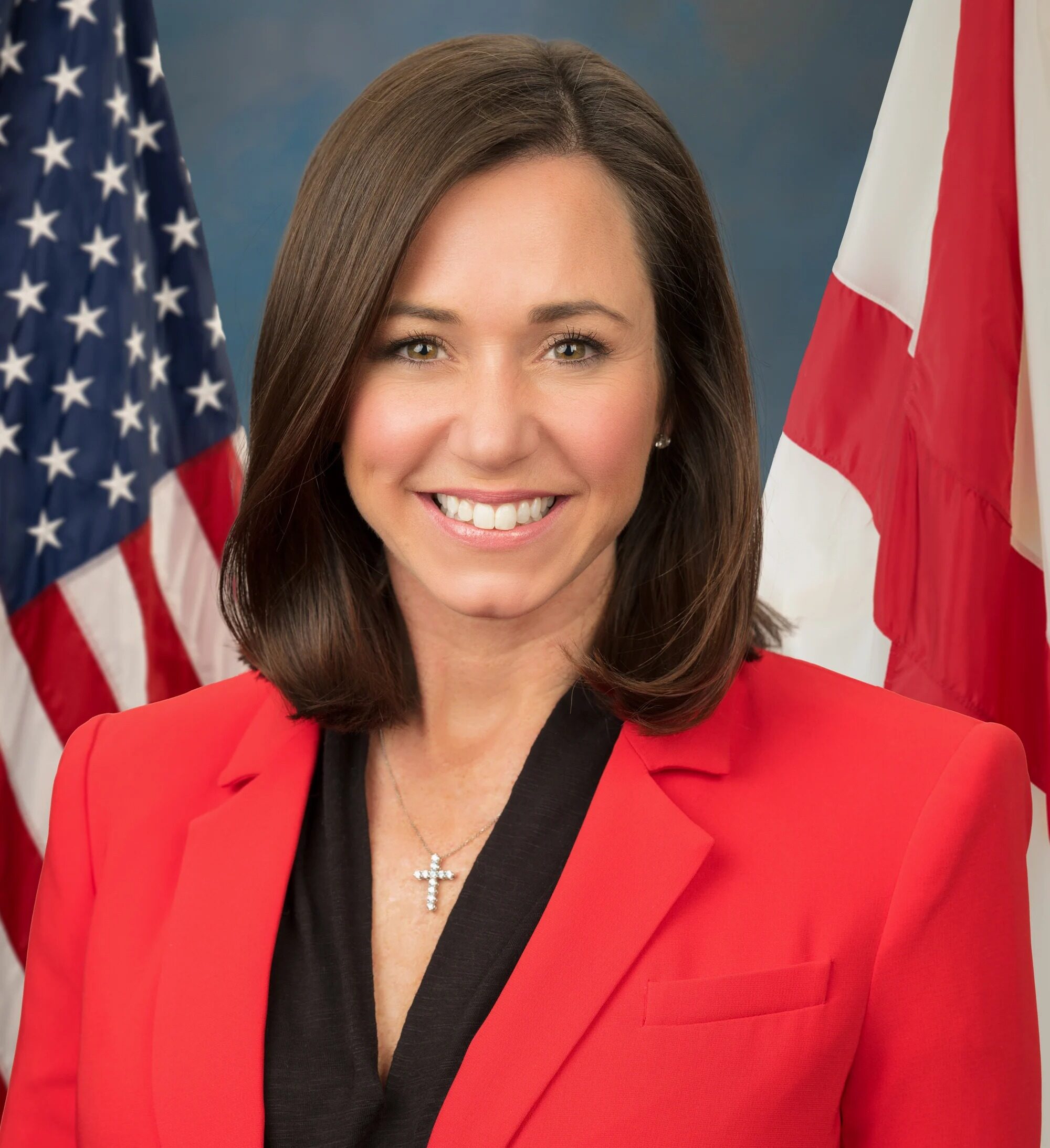

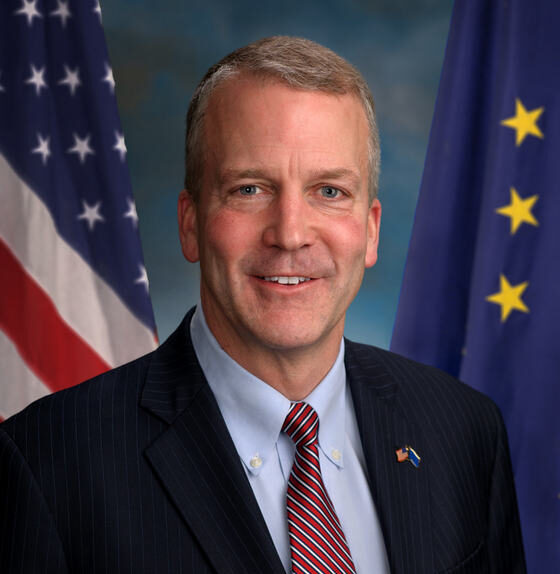
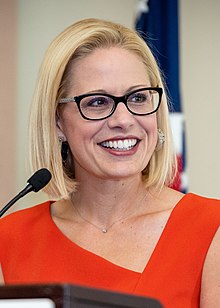

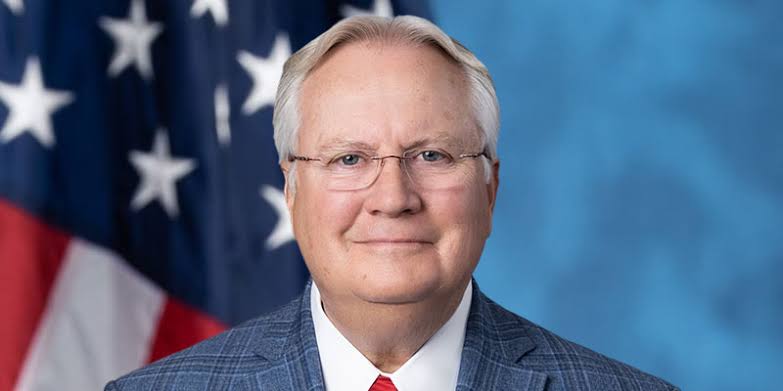
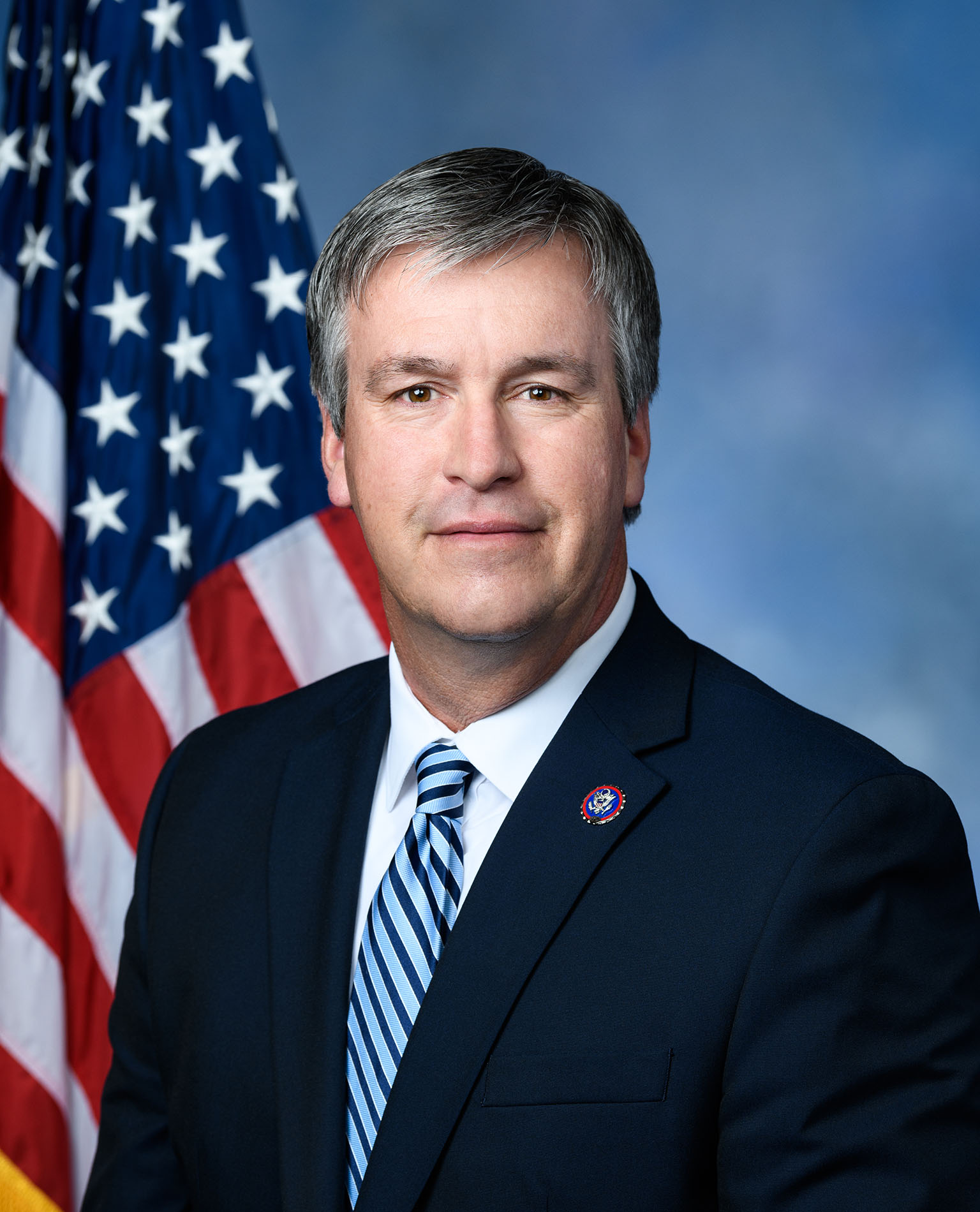
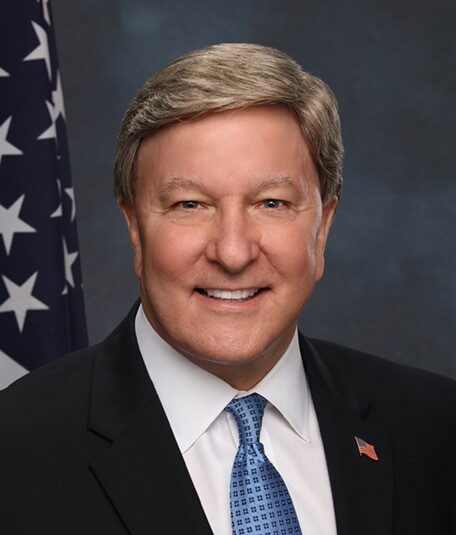
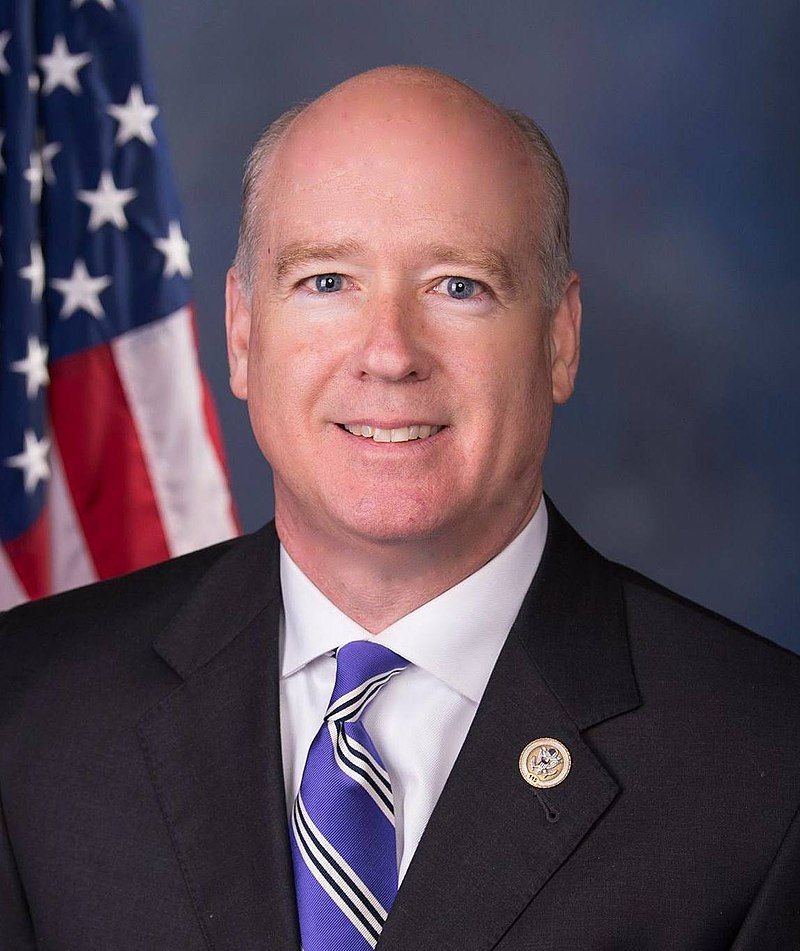
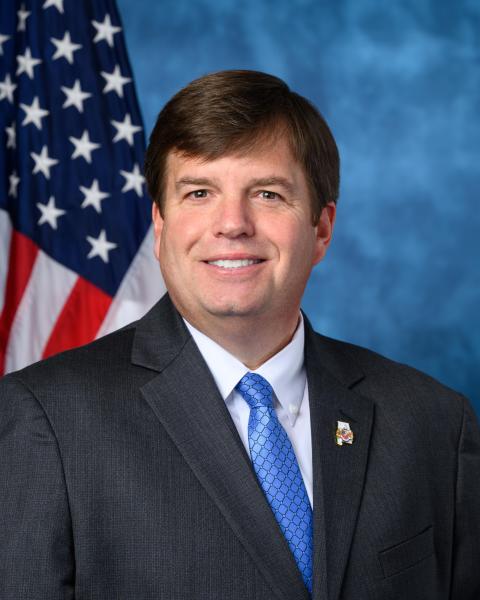
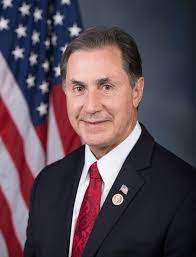
We have drafted a message for your convenience to forward to your Senator. You can simply copy & paste it in the message section.
Make sure to add relevant names before sending the message.






